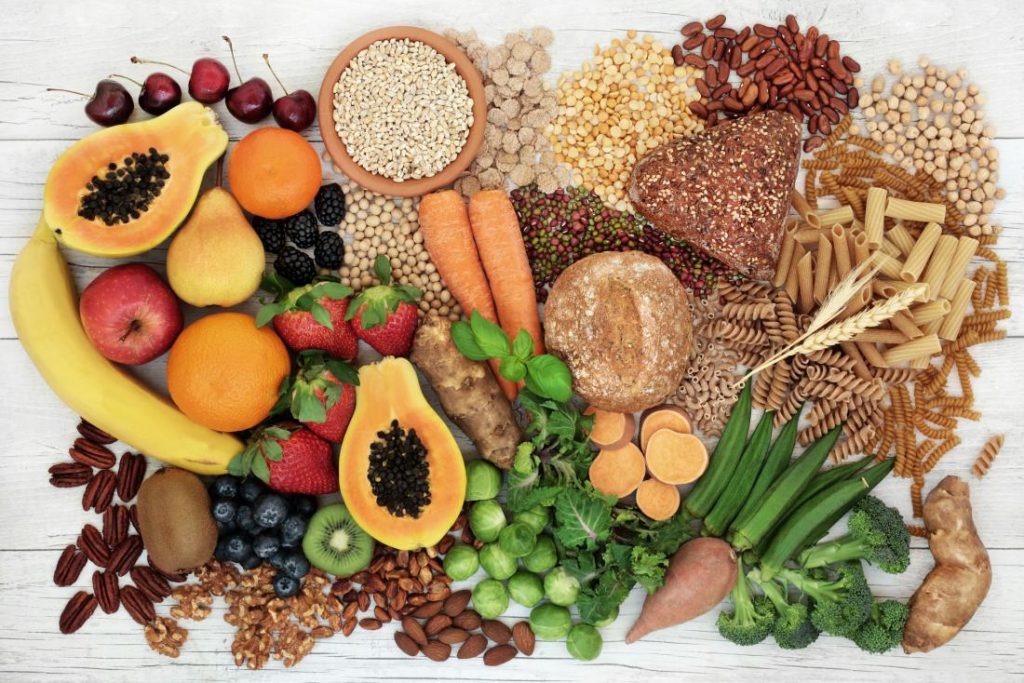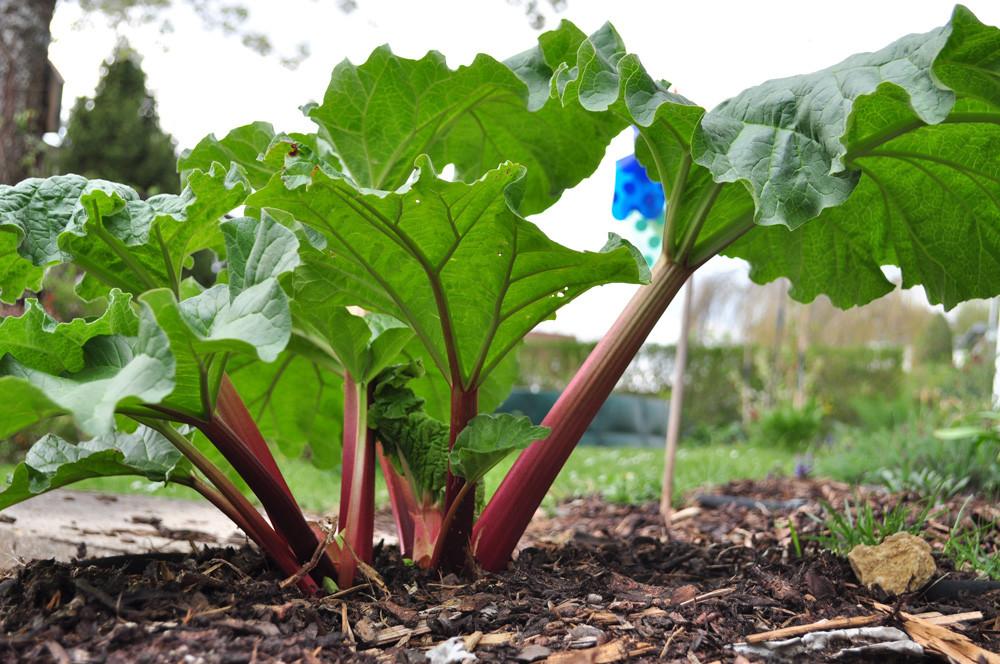We’ve all heard about how we need more fiber, readers, and it’s true for many of us! Fiber is just something that we need for a healthy digestive system, but we don’t always make sure it’s a real part of our daily diet.
From a nutritional viewpoint, fiber is actually a complex carb, like sugar. But it doesn’t act like sugar at all. When you have refined sugar, it’s digested in around 20 minutes. In the meantime, fiber makes its way through your mouth and part of the way down into your small intestine relatively intact.
Two of the most common myths surrounding fiber are that it does nothing but go in and come out and that all fiber is the same. If you believed one or both of these things until just now, read on to learn more.
All fiber is equal
You’ve probably learned all fiber is the same, whether you get it from your cereal or a granola bar. So, you think all you need to do is hit a certain gram amount. This, however, isn’t true.
The source of your fiber is very important. Your cereal fiber just isn’t the same as the fiber you get from your quinoa. In reality, there are likely multiple types of fiber in nature we haven’t figured out yet. Today, we separate all types of fiber into two different categories: soluble and insoluble. Soluble fiber will dissolve in water but insoluble doesn’t dissolve. Many plants actually contain a mix of both of these fiber types, and it’s ideal to have both types in your diet.
Fiber just passes through you
We actually can’t process fiber well on our own, even with the enzymes that break down complex carbs. Despite this, your fiber isn’t passing through doing nothing. Good bacteria in your gut feed off of it, and this is important. Your gut needs this bacteria to stay healthy and keep your digestive system running smoothly.
Get more fiber in your diet
It’s always a good idea to add some more fiber to your diet if you’re not already making a point to do so. Beans, barley, nuts, oatmeal and fruits such as apples, pears, berries and oranges are all good sources of fiber. Do keep in mind that fiber can cause digestive discomfort if you don’t normally consume it, so it’s best to start with small amounts to ease those potential effects.




